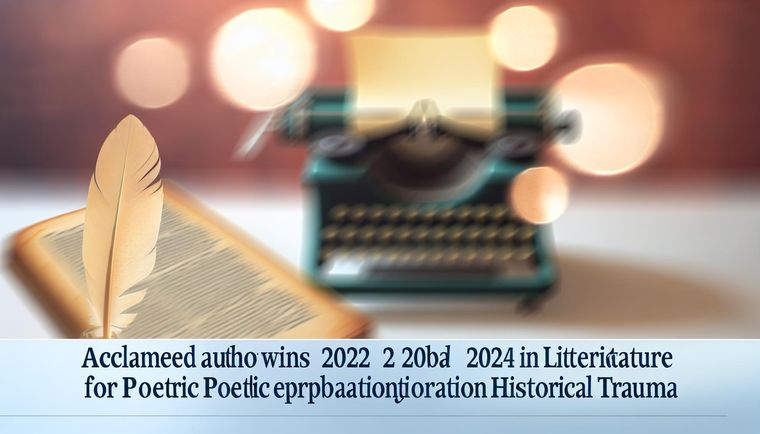Han Kang Wins 2024 Nobel Prize in Literature for Poetic Exploration of Historical Trauma

The 2024 Nobel Prize in Literature has been awarded to South Korean author Han Kang for her profound, poetic prose that delves into historical traumas and highlights the vulnerability of human existence, as announced by the Swedish Academy this Thursday. Born in 1970 in Gwangju, South Korea, Han Kang's connection to literature was ingrained from a young age, as she moved with her family to Seoul at the age of nine; her father was a novelist.
In addition to her literary pursuits, Han has engaged deeply with various forms of art and music, a reflection that impresses upon her works as noted by the Academy. Her acclaimed 2016 novel, 'Human Acts', serves as a political exploration rooted in the devastating events of the Gwangju Uprising of 1980, where many unarmed students and civilians fell victim to a brutal massacre conducted by the South Korean military.
In 'Human Acts', Han Kang endeavors to amplify the voices of the historical victims of this tragedy, confronting the anguish of loss with a visceral and timely narrative. By doing so, she employs the genre of testimonial literature, though with a distinctive approach that deviates from conventional expectations. One hallmark of her writing is to allow the souls of the deceased to disengage from their physical forms, effectively granting them the ability to witness their own obliteration—a technique emphasized by the Academy in their assessment.
The jury acknowledged that Han Kang's work embodies a dual exposure to suffering, intimately linking mental agony with physical pain, resonant with Eastern philosophical themes. Her unique understanding of the interplay between body and spirit, life and death, coupled with her innovative, poetic style, positions Han as a vanguard of contemporary prose.
This year's recognition marks a significant moment not only for Han Kang but also for global literature, as her narratives address core themes of humanity and resilience in the face of historical injustices. The Academy's decision to honor her with the Nobel Prize cements her legacy as an influential voice, one who courageously confronts the intricacies of memory, trauma, and the human condition.
Related Sources:
• Source 1 • Source 2 • Source 3 • Source 4 • Source 5 • Source 6
